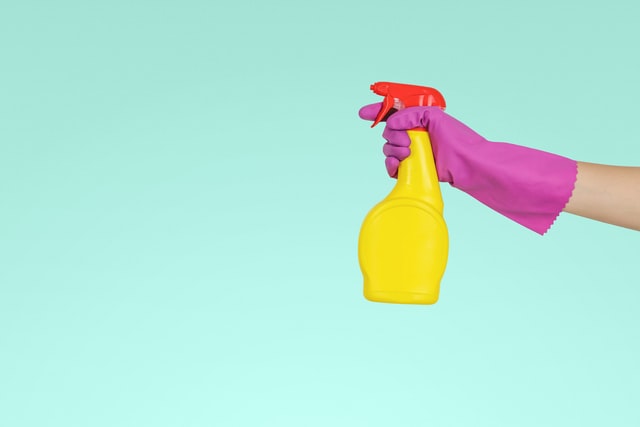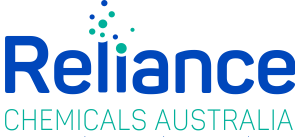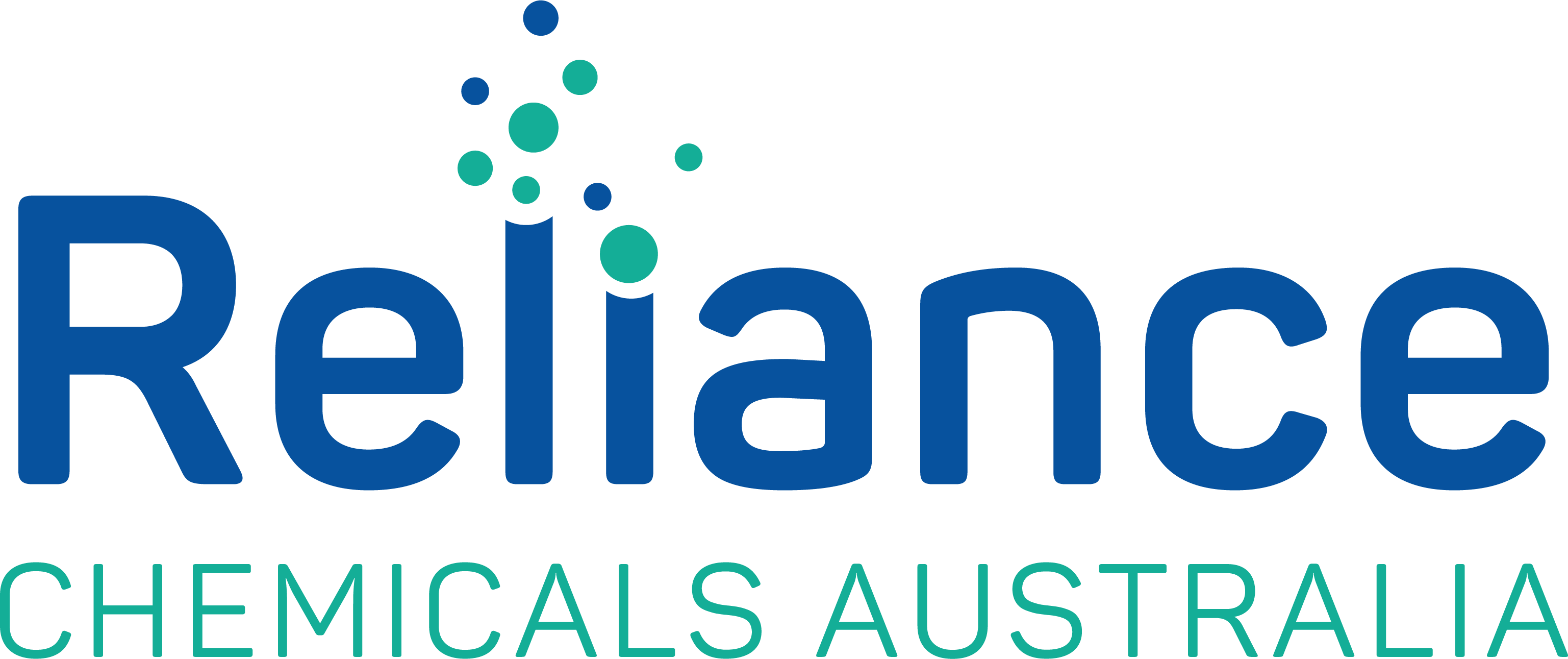Highest quality hygiene and cleaning chemicals

Industrial products undergo complex processing stages before they can be fit for public sales. This is why the treatment for raw materials can get messy with all forms of soil and imperfections. For this reason, it’s necessary to undergo a thorough cleaning process by using cleaners and degreasers.
Before industrial products can be fit for shipping down the production line, it’s necessary to make them free of any contaminants and other residues. This is where industrial-grade cleaners and degreasers can help. By using these two cleaning agents, it’s possible to maintain the cleanliness of these components while also ensuring their safe use.
Whether you’re buying conveying equipment or facility cleaning agents, you need to ensure that they’re powerful enough to handle your cleaning needs. For this reason, you need to purchase the right industrial cleaner that matches your facilities’ processes. Since every industrial facility will deal with specific cleaning variables, you should consider environmental factors when choosing between different cleaners and degreasers brands.
In this article, we’ll share five things you should consider when purchasing a cleaner and degreaser.
Dielectric strength of your degreaser is necessary if you have to clean powered equipment. This will ensure that applying the cleaning solution will be durable enough to withstand a material’s electric field before breaking down. The lower the dielectric strength, the most likely your circuits can get damaged through the flow of electricity before the solution dries.
Some degreasers contain flammable alcohols to eliminate germs and bacteria effectively. However, it can be dangerous to use this around specific materials. Keep in mind that nonflammable degreasers are more expensive, but with good reason. Since traditional degreasers contain solvents like Perchloroethylene, these cleaning agents have high combustibility. Thankfully, nonflammable degreasers eliminate these risks but at the cost of a higher price tag.
Besides the natural flame hazard of degreasers, it also contains toxic ingredients, even for nonflammable variants. This is a necessary safety risk you should communicate with your staff, especially if they’re handling the materials directly. Your workers can experience headaches, dizziness, and complications to their reproductive system if they are exposed to high levels of these substances. This is why it’s important to consider your solvent choices and the implementation of proper indoor air quality.
Your raw materials will react differently to your cleaning solutions, depending on their internal composition. For example, plastic components and rubber gaskets can receive considerable damage when cleaned with a potent degreaser. This can lead to cracks in your products and even shrink them significantly. Before using your degreasers in all your cleaning processes, you should test them beforehand to see any adverse reactions from your raw materials.
Different state laws may dissuade you from using specific cleaning agents since they can be classified as volatile organic compounds (VOCs). These harmful substances can affect the environment negatively, which can compromise the legality and safety of your operational practices.
Maintaining a smooth operation isn’t just for the sake of having clean and finished components down your production line; it’s also necessary to maintain the quality and reputation of your brand. For this reason, you should always commit to purchasing the right products for every step of your manufacturing process. Thankfully, you can partner with the right companies to give you the proper tools you need.
Reliance Chemicals has decades of experience in providing quality cleaning solutions to our customers across multiple industries. We provide the most effective cleaning products to handle your tough-to-remove stains! Check our product catalog today to find the right deep cleaning solutions for you!

